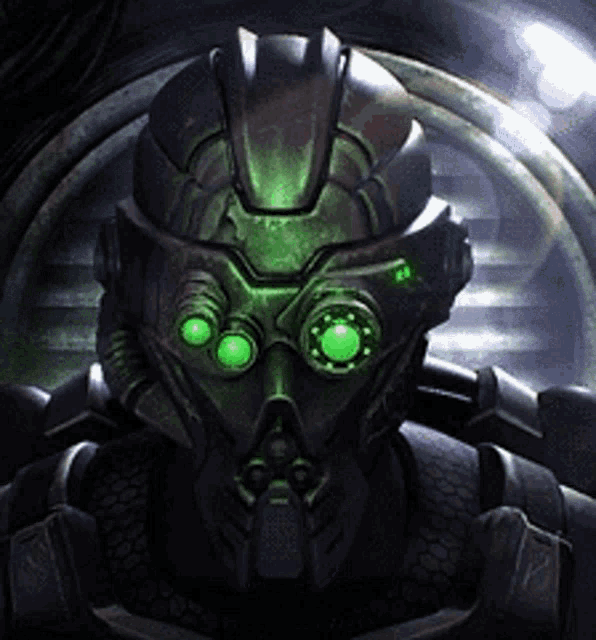Salnax said:
In terms of the worst generation overall? Probably the 3DS + Wii U era. Lowest income vs expenditures, lowest hardware sales in decades, lowest software sales since the 90's, etc.
With all of that being said, I'd also like to point out a more ambiguous era during the mid-90's, roughly mid-1993 to late-1998. As late as 1992, the NES, Game Boy, and SNES were all big platforms that were moving millions of units of hardware and software per year. Over the next few years, the NES completely collapsed, the Game Boy didn't have a major refresh/successor for nearly a decade, the SNES started declining much faster than the NES did, the N64 got delayed, Nintendo wasted time on projects like the Virtual Boy and N64DD, etc.
There were major successes during this era, but often with a caveat. Pokemon was a big deal in Japan as early as 1996, but Nintendo took over 2 years to capitalize on it elsewhere. Wario was a breakout character, but as de facto successors to the Super Mario land series, they sold much less. Super Mario All-Stars was big in 1993, but was based on games from the last gen. The SNES did better than the Genesis late in the 4th gen, but software sales were dropping sharply for both platforms by this time. You had big 3rd party support from series like Street Fighter, Dragon Quest, Final Fantasy, and so on, but much of this dried up during the N64 transition. And Super Mario 64 was one of the biggest games of all time, but only sold about half as well as Super Mario Bros 3 and World.
The last third of 1998 and 1999 marked a major transition back to success, Over the course of 16 months, we had the international release of Pokemon Red/Blue, the Game Boy Color launch, the Japanese Pokemon Gold/Silver, two more 5+ million sellers on the GBC (Pokemon Pinball and Super Mario Bros Deluxe), Ocarina of Time, the original Super Smash Bros, the original two Mario party games, more multi-million selling Pokemon games on the N64, strong 3rd party support from THQ, LucasArts, and Acclaim, and continued successes from Rare. That was a huge turnaround. |






















































